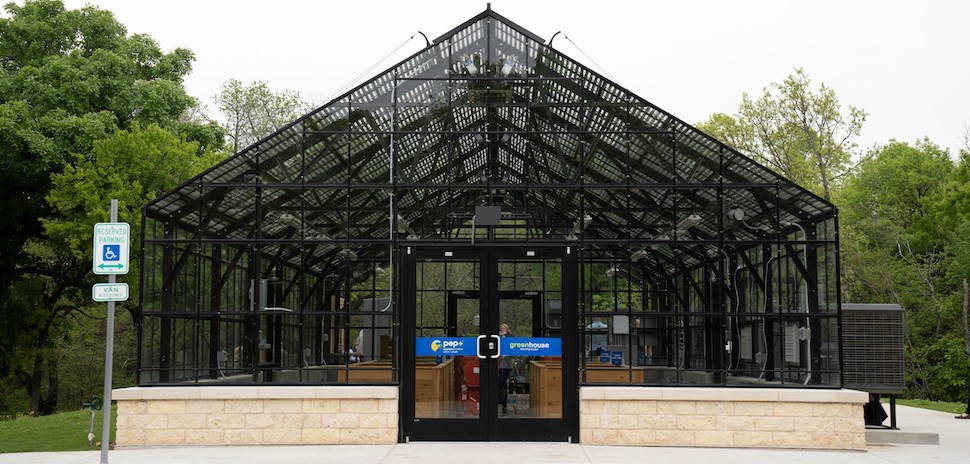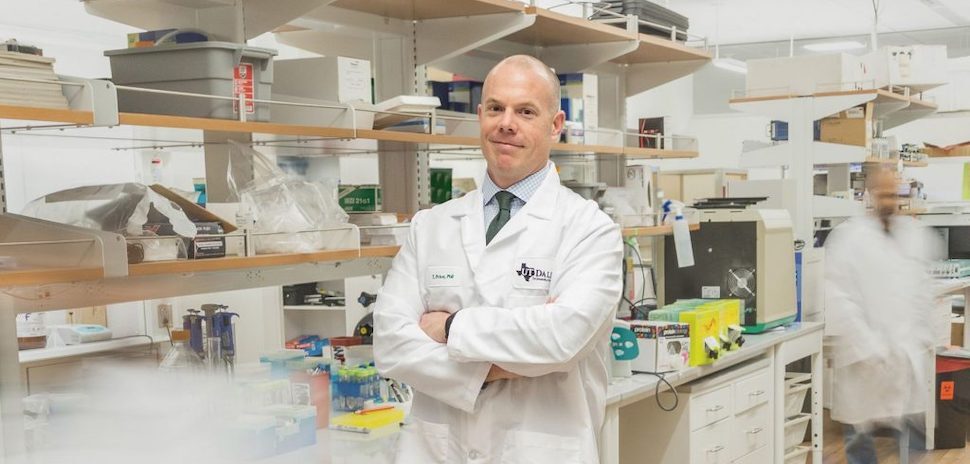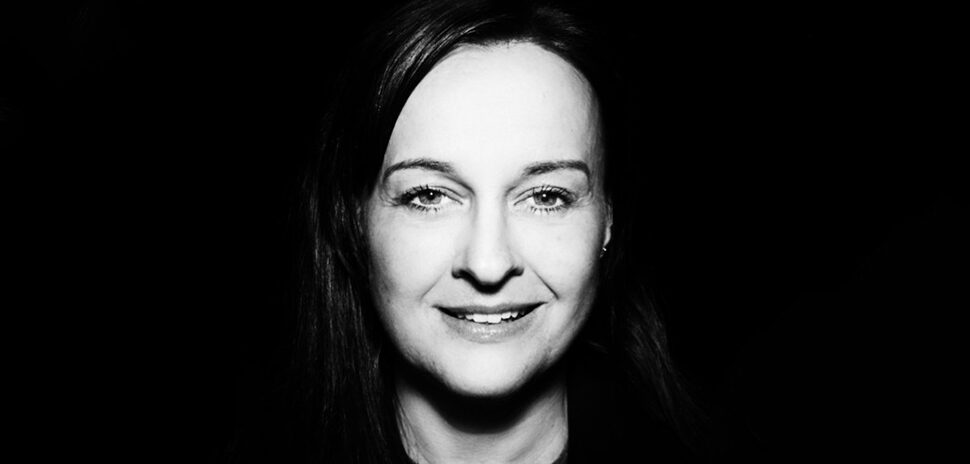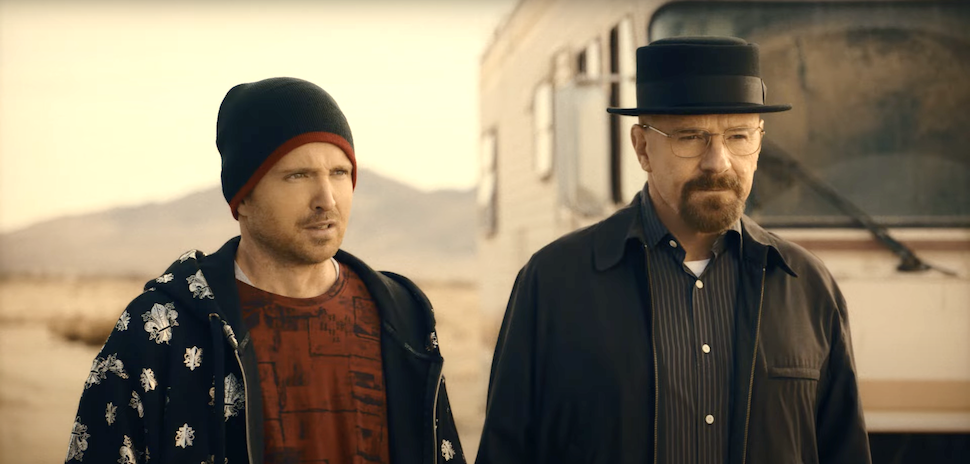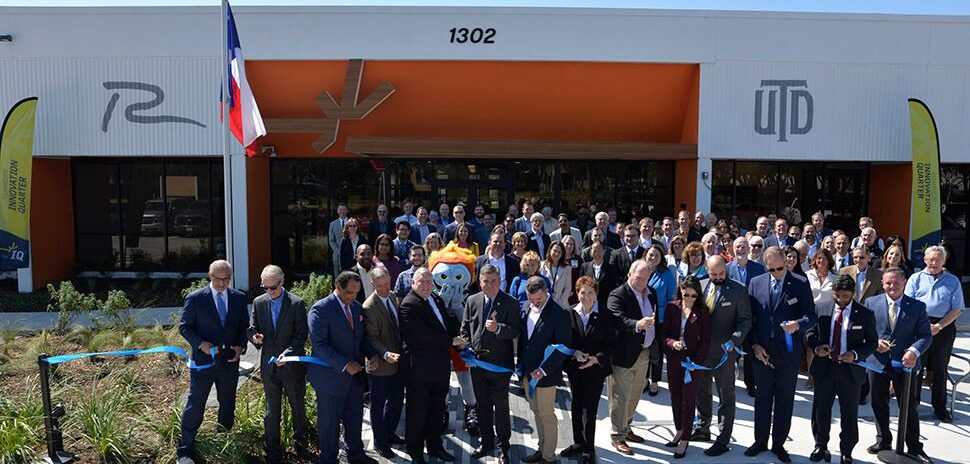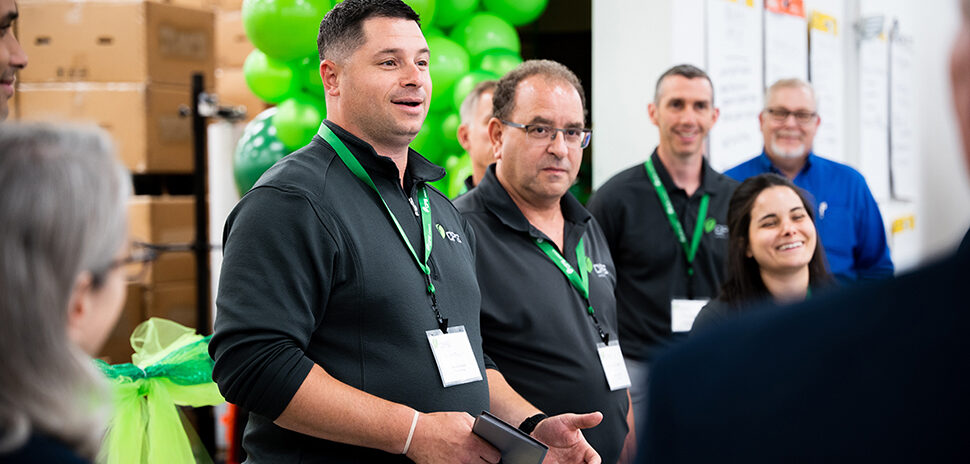Frito-Lay and Quaker have opened Greenhouse Learning Center at Frito Lay’s R&D headquarters in Plano that will be used to field test, measure, and analyze compostable packaging. Both companies are owned by PepsiCo.
The learning center’s aim is to speed up the rate of innovation. The companies said it represents a key milestone toward achieving the PepsiCo Positive (pep+) goal to design 100% of packaging to be recyclable, compostable, biodegradable, or reusable by 2025.
“Our sustainable packaging vision is to build a world where packaging need never become waste,” Denise Lefebvre, SVP of R&D for PepsiCo, said in a statement. “We’re actively changing our own compostable snack packaging technologies. By sharing these technologies, we’re inviting the industry to make these changes as well. We are prioritizing, investing in and expediting projects to build a more circular, inclusive economy.”
Making biodegradable the standard
The Greenhouse Learning Center will be used by the R&D packaging team to test the biodegradation properties of compostable packages in different environments to accelerate learnings, validate lab results through simultaneous, real-time experiments as packaging formulations are improved, and iterate packaging solutions quicker.
Frito-Lay said the Learning Center should enable packaging products to move from testing to certification-ready at least two to three times faster in an effort to drive the business and the entire industry forward.
The center is the first of its kind across PepsiCo global business and is located next to and complements the existing prototyping lab where compostable packaging is created, Frito-Lay said.
The center also aims to actively change industry standards by educating partners and stakeholders on the benefits of transitioning to compostable packaging, demonstrating circularity with biodegradable materials, and providing training to co-ops and visitors.
Improving the packaging process with bags made of 85% renewable plant materials
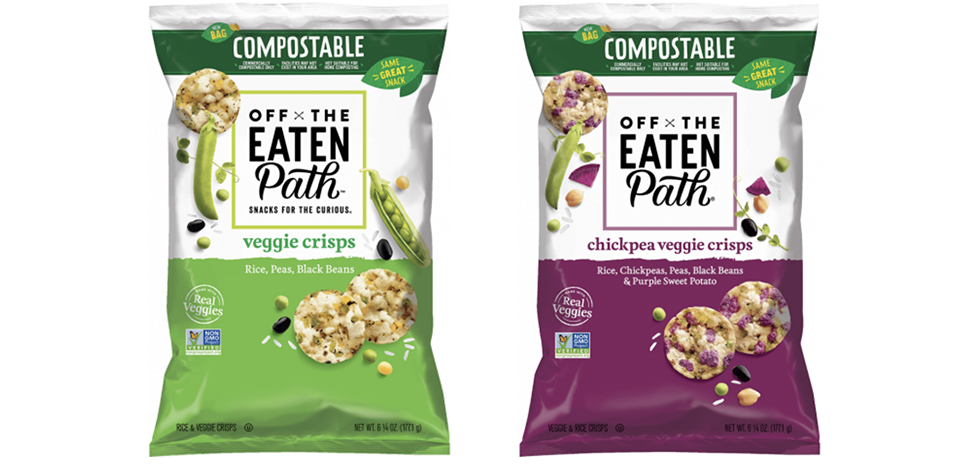
[Photo: Off The Eaten Path]
The R&D team at Frito-Lay and Quaker has been conducting research and forming strategic partnerships for many years to improve the packaging process, the companies said.
After releasing the world’s first 100% commercially compostable chip bags in 2010, Frito-Lay and Quaker continue to make progress in advancing its compostable packaging.
“We look forward to leveraging key findings from the Greenhouse Learning Center, alongside our scale, reach, and expertise across North America and globally, to drive progress across our organization and the entire industry,” David Allen, chief sustainability officer, Frito-Lay and Quaker, said in a statement. “We must work together to inspire positive change for the planet and people, and Frito-Lay and Quaker are proud to be leading the way.”
Frito-Lay said that building on its learnings from the launch of Off the Eaten Path’s next-generation, commercially compostable packaging, it introduced other options made from 85% renewable plant materials that produce approximately 60% lower greenhouse gas emissions than traditional snack bags.
PepsiCo said that moving forward, it will be focused on home-compostable packaging and packaging that’s biodegradable, and research conducted at the Greenhouse will play an important role.
Integrating sustainability
PepsiCo said it has integrated sustainability into its business for several decades and, in 2021, announced PepsiCo Positive (pep+), an end-to-end transformation that puts sustainability at the center of how it will create growth and value.
Frito-Lay North America is the $23 billion convenient foods division of PepsiCo Inc., which is headquartered in Purchase, New York.
Frito-Lay snacks include Lay’s and Ruffles potato chips, Doritos and Tostitos tortilla chips and branded dips, Cheetos snacks, Stacy’s pita chips, PopCorners popped-corn snack, SunChips multigrain snacks, and Fritos corn chips.
It operates more than 30 manufacturing facilities across the U.S. and Canada, more than 200 distribution centers, and services 315,000 retail customers per week through its direct-store-delivery model.
Like Frito-Lay, the Chicago-based Quaker Oats Co. is a unit of PepsiCo Inc.
Operating for more than 140 years, Quaker offers brands including Quaker Oats, Quaker Rice Cakes, and Quaker Chewy Granola Bars.
Innovating for positive change
Recently, Lefebvre discussed on a panel how companies are working to create more sustainable food systems.
“Last week, I discussed this crucial question at the #FutureFoodTech summit alongside fellow industry leaders Bruce Friedrich, Bernhard Kowatsch, Allyson Fish, and Tim Geistlinger,” she said. “A key factor we need to consider as we work towards a sustainable food system is diversity in our ingredients, in our solutions and in our teams.”
She said that the work is multifaceted.
“From how we source ingredients, make, move and sell our products in a more sustainable way; to how we inspire consumers through our iconic brands to make better choices for themselves and the planet; to how we support communities and improve livelihoods throughout our supply chain, we are innovating across all areas of our business to drive change.”
![]()
Get on the list.
Dallas Innovates, every day.
Sign up to keep your eye on what’s new and next in Dallas-Fort Worth, every day.










